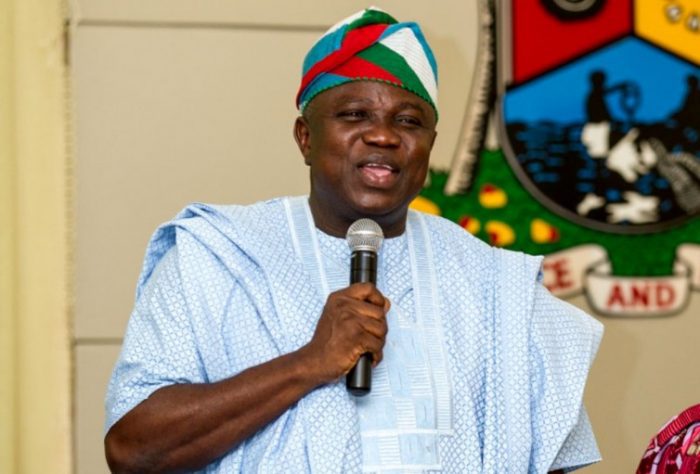Pope Emeritus Benedict will turn 90 on Sunday (April 16).
The son of a police chief, Joseph Aloisius Ratzinger was born in Marktl am Inn in Bavaria,southern Germany, in 1927. He became a priest in 1951.
Benedict shocked the world and even his closest aides on Feb. 11, 2013, when he announced his decision to step down at the end of that month because the effects of old age meant he was unable to complete his ministry.
The first German pope for 1,000 years, Benedict visited his homeland three times. But one trip to Germany also prompted the first major crisis of his pontificate.
In a university lecture he quoted a 14th century Byzantine emperor as saying Islam had only brought evil to the world and that it was spread by the sword. After protests that included attacks on churches in the Middle East and the killing of a nun in Somalia, the pope said he regretted any misunderstanding the speech caused.
In a move widely seen as conciliatory, he made a historic trip to predominantly Muslim Turkey in 2006 and prayed in Istanbul’s Blue Mosque with the city’s grand mufti.
The Jewish world, and many Catholics, were outraged after he lifted the excommunication of four traditionalist bishops, one of whom was a notorious Holocaust denier. He later said the Vatican should have researched him better on the Internet.
The pope prompted international outrage again in March 2009, telling reporters on a plane taking him to Africa that the use of condoms in the fight against AIDS only worsened the problem.
Child abuse scandals hounded most of his papacy. He ordered an official inquiry into abuse in Ireland, which led to the resignation of several bishops. But the Vatican’s relations with once Catholic Ireland plummeted during his papacy, to the point that Dublin closed its embassy to the Holy See in 2011.
Victims demanded that he be investigated by the International Criminal Court but the Vatican said he could not be held responsible for the crimes of others and the court decided not to take up the case.
Pope Emeritus Benedict left the Vatican on Feb. 28 2013 for the papal summer retreat at Castel Gandolfo, south of Rome while a convent that became his permanent residence in the Vatican was being restored. He returned to the Vatican on May 2 and has been rarely seen in public inside the city-state’s walls after that.
There was much speculation at the time that Benedict’s decision to stay in the Vatican could have a destabilising effect on the papacy of his successor Francis, who was elected on March 13, but the fears have never materialised.




